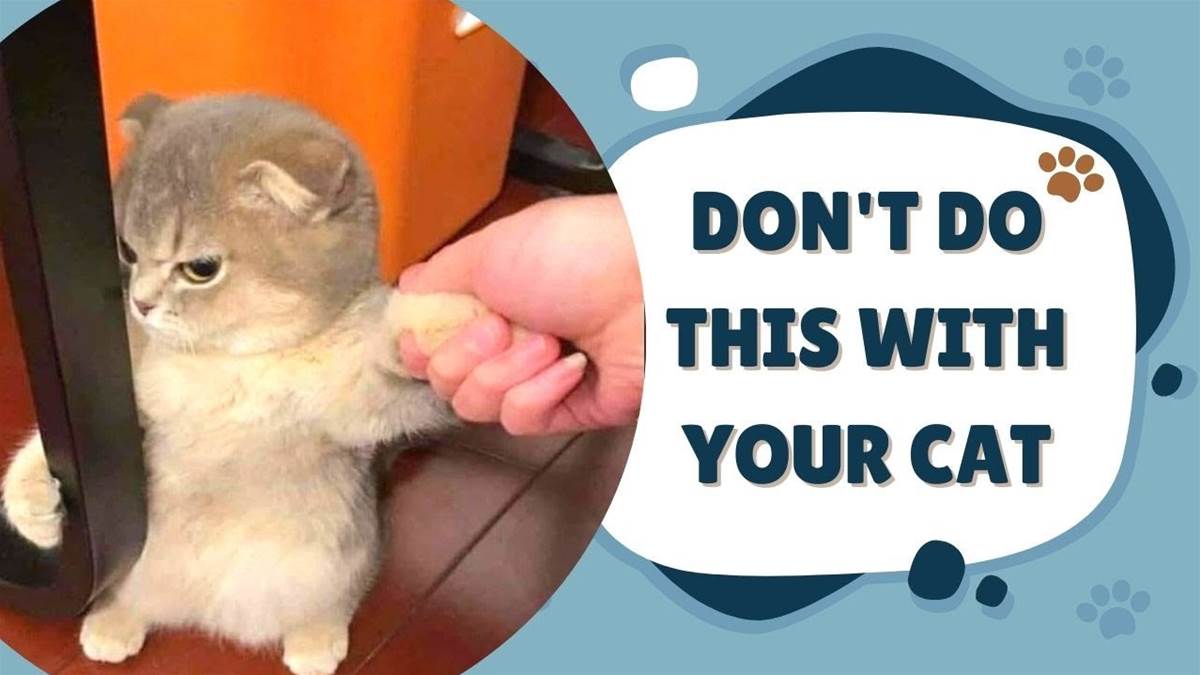

Cats may seem independent and aloof, but they are highly sensitive creatures with complex emotional needs. Some of your everyday actions, even if unintentional, could be hurting your feline friend’s feelings. Recognizing these behaviors can help you foster a stronger bond with your cat while ensuring their well-being. Here are nine common things that may negatively affect your cat:

Cats have sensitive ears, and loud noises like yelling, arguing, or slamming doors can be incredibly stressful for them.
These sounds can make your cat feel unsafe, causing anxiety and fear. Instead, try speaking to your cat in a calm and soothing tone, even during moments of frustration.
Although cats are often seen as independent animals, they still crave attention and affection from their owners. Ignoring your cat for long periods can make them feel unloved or neglected. Spend quality time petting, playing, or simply sitting near your cat to let them know they matter to you.
Hitting or physically punishing your cat is not only cruel but also counterproductive.
Cats do not understand punishment in the way humans do, and this behavior will only instill fear. Instead, use positive reinforcement to encourage good behavior and redirect unwanted actions with gentle methods.
Boredom can significantly impact your cat's emotional well-being. Cats are intelligent animals that need mental stimulation through toys, puzzles, or interactive play. A lack of stimulation can lead to destructive behavior, stress, or even depression.
A dirty litter box can be a major source of stress for your cat.
Cats are clean animals and expect their litter box to be kept tidy. Regularly scoop and clean their litter box to ensure they feel comfortable and secure in their environment.
Cats thrive on consistency and routine. Sudden changes, such as moving homes, changing feeding times, or introducing new pets, can make them feel unsettled. If changes are unavoidable, introduce them gradually and provide extra comfort during the transition.
While many cats enjoy being petted or cuddled, they also value their personal space.
Forcing affection on your cat when they are not in the mood can make them feel stressed or overwhelmed. Pay attention to their body language and let them come to you when they want affection.
Neglecting your cat’s grooming needs, such as brushing their fur or trimming their nails, can lead to discomfort or pain. Grooming is also a bonding activity for many cats, and failing to address this need may hurt their trust in you.
Cats are masters at hiding pain or discomfort, so subtle signs like reduced appetite, hiding, or changes in behavior might indicate that something is wrong.
Ignoring these signals can make your cat feel unsupported. Always monitor their health closely and consult a veterinarian if you notice unusual behaviors.
Your cat relies on you for both physical and emotional care. By avoiding these common mistakes, you can build a stronger, more loving relationship with your feline companion. After all, a happy cat equals a happy home!
